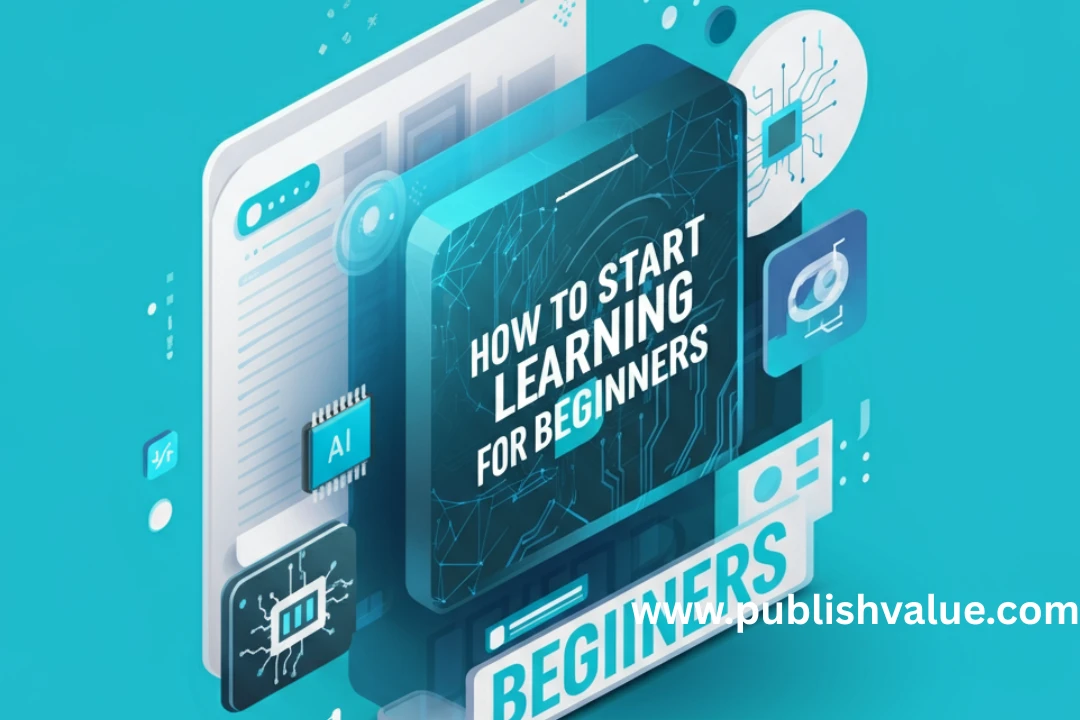
How to Start Learning AI for Beginners
Share0If you’re curious about technology and wish to unlock new opportunities, learning artificial intelligence can be incredibly rewarding—even if you don’t have a technical background. The idea of starting with artificial intelligence may seem challenging at first, but breaking it down into manageable steps makes the journey not only possible, but truly enjoyable. This article guides you on how to start learning AI for beginners, answering common questions and offering advice rooted in real experiences. You don’t need to be a tech wizard—just a willingness to learn and explore.
Get to Know What Artificial Intelligence Really Is
Before diving in, it’s helpful to get acquainted with the basics. Artificial intelligence covers a wide range of topics, but at its heart, it’s about teaching computers to do things we consider smart—like recognizing images or making recommendations. Understanding the essentials can spark your interest and help you decide what aspect excites you the most.
Understanding AI, Machine Learning, and Deep Learning
There’s a lot of buzz around terms like AI, machine learning, and deep learning. Here’s how they stack up:
- Artificial Intelligence refers to any technology that can perform tasks resembling human intelligence, such as problem-solving or pattern recognition.
- Machine Learning is a subset of AI focused on using data to help systems “learn” and improve over time.
- Deep Learning is a more advanced branch of machine learning that uses layered neural networks to find patterns in complex data.
Build Up Your Basic Skills
Having some foundational knowledge will help you move forward with confidence. If you ever asked, “How do I start learning AI as a beginner?”—these are the areas you’ll want to get comfortable with:
What You Should Brush Up On
- Math Basics: You don’t have to become a mathematician, but understanding simple algebra, probabilities, and a bit of calculus is helpful.
- Programming: Python is beginner-friendly and widely used in artificial intelligence and data science.
- Data Skills: Learn how to organize, clean, and make sense of data—that’s what most AI depends on!
Pick Your Tools and Get Practical
Once you’re comfortable with the basics, hands-on learning is the best next step. Choose the tools that make your projects fun and manageable.
- Python Programming: Start here—it’s easy to read and used by most of the AI world.
- Jupyter Notebooks: Perfect for writing code, taking notes, and running simple experiments all in one place.
- Essential Libraries: Tools like NumPy, Pandas, and scikit-learn are your friends for experimenting and building simple projects.
Use Online Learning Resources
The internet is packed with resources that make it easier than ever to start your artificial intelligence journey. Free and affordable learning options mean you can fit AI learning into your life, no matter your schedule.
Top Websites to Kickstart Your Learning
- Coursera: Offers beginner-friendly courses on AI and machine learning from top universities.
- edX: A great place for deeper dives and specialized topics in data science and technology.
- Udemy: Handy for affordable courses on practical Python skills and real-world projects.
Learn by Doing: Small Projects Matter
Theory is only the starting point—the real magic happens when you build. For those wondering how to start learning AI for beginners, simple hands-on projects build confidence and help you learn by doing.
Try out projects like:
- Entry Level: Explore datasets such as Titanic survival data or Iris flowers to understand the basics.
- Intermediate: Step up your game by building a basic image classifier—maybe sorting pets or identifying handwritten digits.
- Challenging Yourself: Once you’re confident, try making a movie recommender or a simple chatbot using the skills you’ve gained.
Be Part of the Learning Community
One of the best parts about learning something new is connecting with others on a similar path. The artificial intelligence and data science communities are friendly, active, and supportive.
Where to Find Help and Inspiration
- Online Forums: Visit places like Stack Overflow or Reddit’s r/MachineLearning to ask questions and share progress.
- Attend Meetups: Look for local technology or coding groups—either online or in person—for advice and networking.
- Social Media: Follow practitioners and researchers for insights and the latest trends.
Conclusion: Your First Steps Begin Now
Embracing the world of artificial intelligence is one of the most exciting learning adventures you can start today. Focus on learning the basics, work through hands-on projects, and don’t hesitate to reach out to the AI community. For more practical advice and beginner-friendly tutorials, check out trusted resources like Google’s AI learning hub to help guide your next steps. Now that you know how to start learning AI for beginners, you can set goals, find resources, and create projects you’re proud of. The future is bright—and you’re about to take your first step into it.
Frequently Asked Questions (FAQs)
1. Is a computer science degree required to learn artificial intelligence?
Not at all. Many people begin with free courses and small projects—your curiosity and consistency are far more important.
2. Why is Python the top choice for AI beginners?
Python is very readable and has plenty of resources, making it easy for newcomers to get started and see results quickly.
3. How much math do I need to know before starting?
Basic algebra and an understanding of data patterns go a long way; don’t let math fears hold you back from starting.
4. Can I learn AI while working full time?
Absolutely! Most online courses are self-paced, so you can fit learning into your schedule whenever you have spare time.
5. What’s a simple project I can start with?
Try predicting outcomes with a small dataset, or build a recommendation system to suggest books or movies—pick something that interests you!
You may also read: https://publishvalue.com
